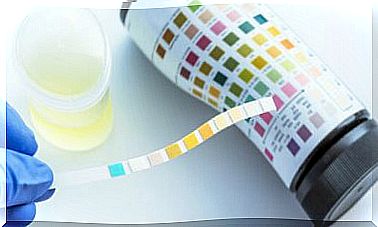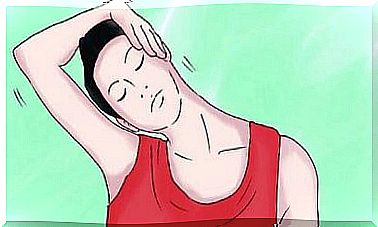Things To Know About Kidney Stone Treatment
Kidney stones are solid formations of small crystals that lodge in the kidneys or can descend through the urinary tract causing discomfort and pain ranging from very mild to very bothersome. When these are in the bladder or urethra, they can also cause bloody urine and difficulty passing urination. They develop in people who have some type of metabolic disorder and who also have a predisposition for them for hereditary reasons, such as diabetes and hypertension.
General characteristics of kidney stones
Kidney stones can come in different shapes and sizes and are formed from certain substances in the urine. Depending on their chemical composition, they can be calcium, uric acid, cystine or struvite stones.
Each of these types of formations has different causes and treatments. Some stones are so small that they go unnoticed and are passed in the urine.
The largest number of affected are men, with a proportion of 3 in 20, compared to women in whom only 1 in 20 suffer from kidney stones. It is most common in the age range from 20 to 40, but it can also occur in other stages of life.
Kidney stone detection
On many occasions, this alteration in kidney function is not discovered from the beginning because its first symptoms go unnoticed, but only when the symptoms are evident and begin to be bothersome (fever, pain in the abdominal area, strange color in the urine , etc.).
In order to detect the stones accurately, blood and urine tests will be necessary and once their presence is confirmed, it must be determined which of the types it belongs to. Many times a stone is discovered by having X-rays, ultrasounds, and CT scans for other medical reasons.
Treatment
When a precise diagnosis is made, the treatment to follow will be indicated, which may include analgesics to relieve pain, antibiotics, diuretics and, ultimately, surgery to remove the stone when the size of the stone justifies it. During the treatment it is recommended to drink plenty of fluids so that the urine is more diluted and to facilitate the expulsion of minor stones.
Possibility of relapse in the diagnosis of kidney stones

It is possible that people who have suffered from this problem will have it again throughout their lives. To avoid this, medical recommendations should be followed according to the type of training detected, which may include taking certain medications and some modifications in the diet. Among the most common recommendations to avoid this problem for the second time are the regular consumption of natural water and the elimination of salt in the food.








